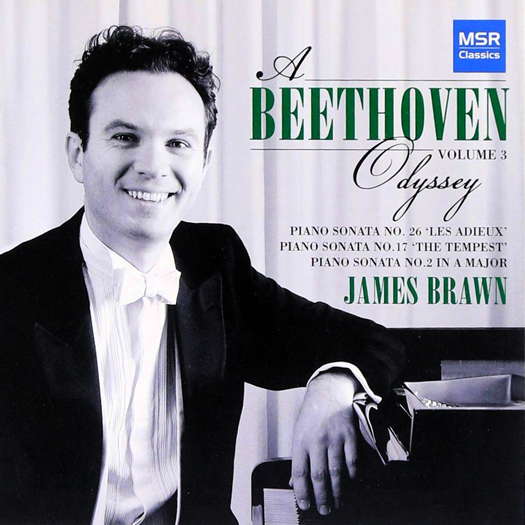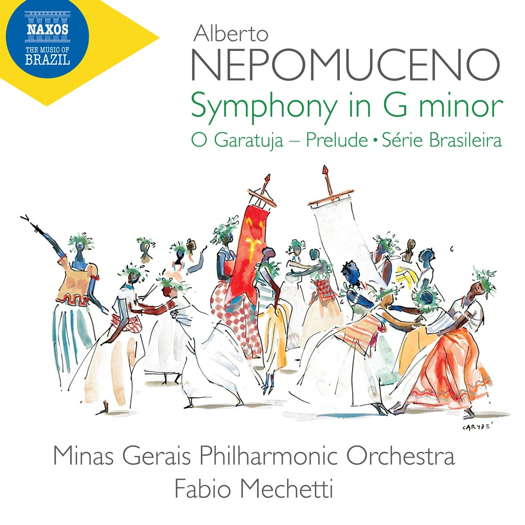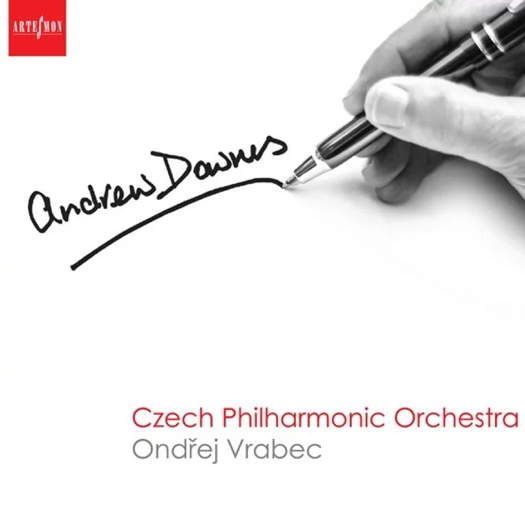 SPONSORED: CD Spotlight. Masterful Handling - Volume 3 of James Brawn's Beethoven, praised by Andrew Schartmann.
SPONSORED: CD Spotlight. Masterful Handling - Volume 3 of James Brawn's Beethoven, praised by Andrew Schartmann.
All sponsored features >>

Quite Original in its Way
GERALD FENECH listens to orchestral music by Brazilian composer Alberto Nepomuceno
'The programme is delivered with panache and polished maturity ...'
Alberto Nepomuceno is a figure of paramount importance in the history of Brazilian music. His work as a composer, conductor and teacher was vital to the development of Brazil's music in transition between the nineteenth and twentieth centuries. Born in 1864, the composer spent his early years in his native Fortaleza and Recife. Aged eighteen and still a student, he became director of concerts in the Carlos Gomes Club in Recife, and also became politically involved having strong anti-monarchy and abolitionist opinions. In 1884 he moved to Rio and in the following year he made his debut as a pianist at the Beethoven Club.
In 1888 came a very important turning point through the patronage of the sculptor Rodolfo Bernardelli, who encouraged Nepomuceno to go and study in Europe. The composer visited Rome, Berlin, Vienna and Paris, and was taught by the best tutors of the day. In 1893 he married Walborg Bang, one of Grieg's students – a composer with whom Nepomuceno developed a lasting friendship. By the time of his death in 1920 Nepomuceno had achieved cult status in his native Brazil, not only for his prolific output, but more so for his ability to vividly express the naturalistic aspect of his music and merge it into a very personal language acquired through the different schools of composition that influenced him.
The works on this CD are prime examples of Nepomuceno's vivid imagination and exciting orchestration, and the music is consistently delightful. The Brazilian Suite of 1891 was composed while the composer was studying with Brahms's friend Herzougenbergin Berlin, and despite influences of Berlioz, Wagner and even Debussy, the piece is absolutely gorgeous and quite original in its way, looking at times towards things to come. Indeed the final Batuque with its fiery syncopated rhythms is unlike anything in European music at the time.
Listen — Alberto Nepomuceno: Batuque (Série Brasileira)
(track 5, 0:00-0:59) © 2019 Naxos Rights (Europe) Ltd :
The Symphony of two years later is slightly less successful if only for its nods towards several great names such as Brahms, Bizet, Beethoven, Schumann and Wagner again. Still there is much to enjoy, and the moments of charm, grace and undiluted melody abound in plenty.
Listen — Alberto Nepomuceno: Andante quasi adagio (Symphony in G minor)
(track 7, 0:00-0:55) © 2019 Naxos Rights (Europe) Ltd :
The programme also includes a short lively prelude from the 1904 comic opera O Garatuja, a piece full of dance rhythms and fresh folk-inflected melodies. Indeed, a wealth of harmonic and colouristic detail entertain the ear.
Listen — Alberto Nepomuceno: Prelude (O Garatuja)
(track 1, 8:08-9:08) © 2019 Naxos Rights (Europe) Ltd :
The programme is delivered with panache and polished maturity, and hopefully the promised thirty-disc survey of Brazilian music from Naxos will maintain the high standards displayed on this first issue. Eagerly looking forward to the next instalment. Strongly recommended.
Copyright © 2 September 2020
Gerald Fenech,
Gzira, Malta

CD INFORMATION - NEPOMUCENO: SYMPHONY IN G MINOR



